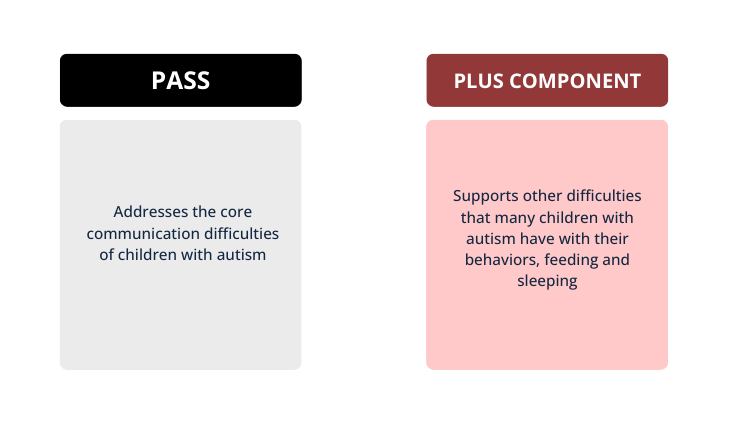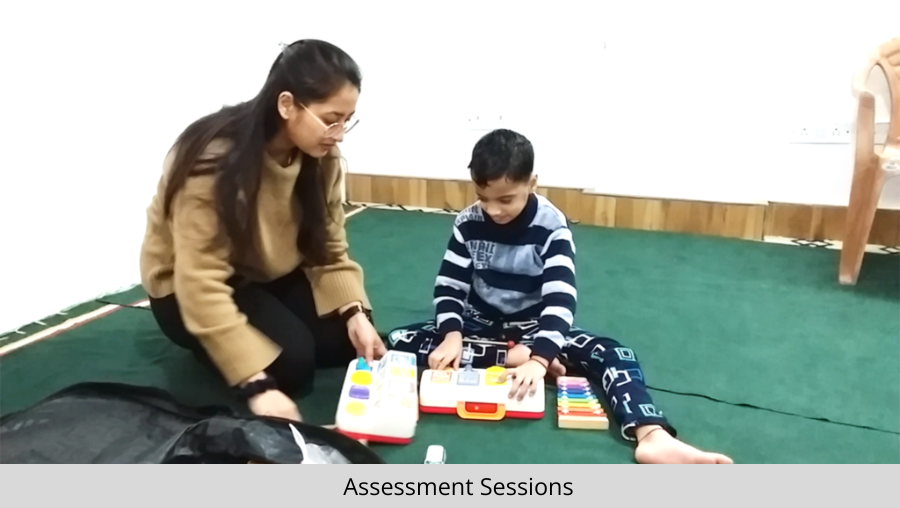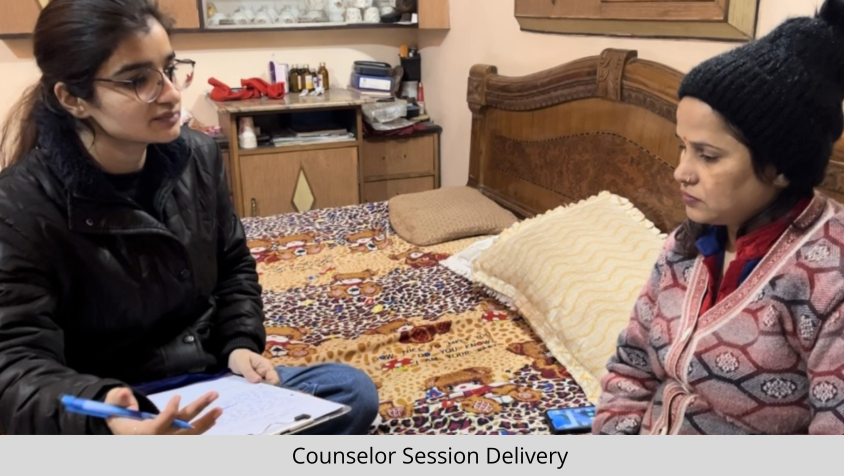Communication-centred Parent-mediated treatment for Autism Spectrum disorder in South Asia
The Aim of the Project:
Led by Dr. Jonathan Green (Chief Investigator, University of Manchester), Dr. Vikram Patel (Co-PI, Harvard Medical School), and Gauri Divan (Co-I, Sangath), COMPASS is a project focused on enhancing care for Autism in India, with the goal of evaluating the effectiveness at scale of a parent-mediated intervention for Autism Spectrum Disorders in South Asia, delivered by lay health workers in community settings.
In addition to the evaluation, the goal is also to investigate the cost-effectiveness of the intervention, and generate tools and evidence for policymakers to guide the scale-up of the intervention.
The Background:
Autism is a neurodevelopmental disability, which is present from birth and has a life-long impact on the development of a child’s social interactions and behaviours with others. Core impairments in the child are around social communication and interactions; restricted and repetitive behaviours, interests and activities and difficulty in processing the information from the world around them. A recent study from India indicated that there are over two million families in India with a child (2-9 years) with autism.
Most treatments that are being offered to families of children with autism tend to be ‘imported’ and ‘eclectic’ – this means that they haven’t been evaluated properly in Indian settings. To meet this challenge, the team in Sangath along with collaborators adapted an evidence-based intervention from the UK called Preschool Autism Communication Therapy (PACT), and named it the Parent-mediated intervention for Autism Spectrum Disorders in South Asia (PASS). Then, through a second project, the team expanded the intervention to include support for comorbidities in the PASS Plus intervention. PASS Plus has two parts:

The novel elements of this intervention are that it can be delivered by lay health workers in the homes of families. Both the PASS and PASS Plus interventions were evaluated with families having a child with Autism in Goa (2012-2014) and Kolhapur (2014-16) respectively, through pilot randomised controlled trials. Both interventions have shown a high level of acceptability and feasibility along with effectiveness.
The Project Plan:
COMPASS is carrying out a definitive evaluation of the clinical effectiveness and cost-effectiveness of this comprehensive intervention for autism. 240 families with a child with autism (2 – 9 years of age) were recruited through two tertiary care hospitals (Maulana Azad Medical College & assoc. Lok Nayak Hospital (MAMC-LNH) and All India Institute of Medical Sciences (AIIMS)) in the capital city of New Delhi. The intervention is delivered through existing frontline health workers present in the urban health system of New Delhi- the Accredited Social Health Activists (ASHAs). 12 sessions are provided over 6 - 8 months to caregivers of children aged 2 – 9 years, integrating additional support for concurrent autism challenges like anxiety and sensory-seeking behaviors.

